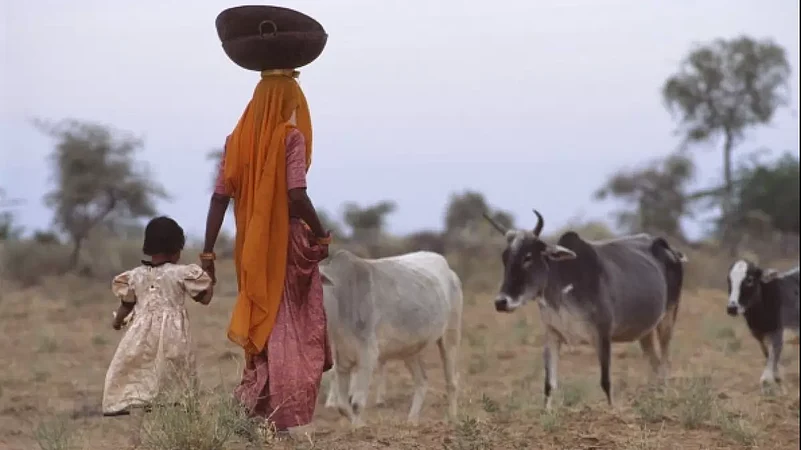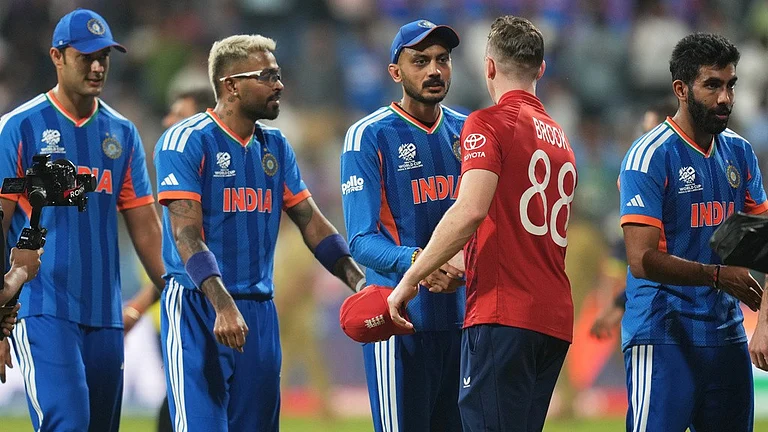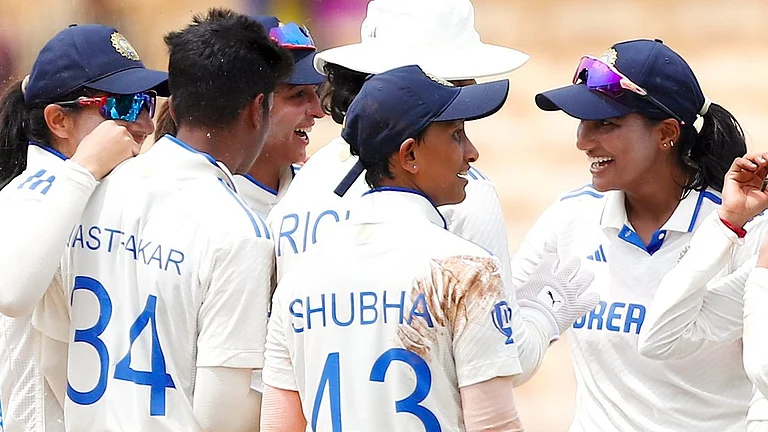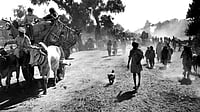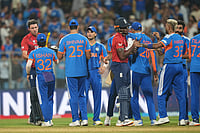The Garden of Tales: The Best of Vijaydan Detha
Translated by Vishes Kothari
Harper Perennial
Rs 499
Rajasthani folk tales are a world of potters, cowherds, seths, and princes intermingled with magic. One would not imagine that these had been written in the 20th century since they sound in many cases very much like the stories of Dakshinaranjan Mitra Majumdar that Bengali children were brought up on the 19th century — and small wonder since Detha dedicated years of his life to collecting folk stories from the women in and around his village Borunda and retelling them. It also helped that he came from generations of charans or bards and that he listened quite a few of the stories from his grandmother.
The clutch of stories have no signs of modern day life, except for the bus in the first story which the narrator misses but which ultimately leads him to a shelter in the rain where he hears an incredibly terrifying story of the dangers of greed. However, the lessons to be learnt are timeless. Many of the stories are in fact warnings against greed and morality tales like that of the sadhu who took to materialism after meditating for eight years without sleep or clothes. There are tales of family and neighbourly jealousy — how can a woman possibly feed her handsome brother-in-law without lusting after him?
All of them come from the world of deserts and farming communities while the cities mentioned are ruled by kings who live in stately mansions with beautiful daughters. Of course most folk tales of this kind are rooted in morality since the stories were normally told to the gathered community by wise storytellers around a campfire or during a festival in an attempt to make people think about the consequences of their actions.
Despite the magical realism in them, the tales are very adult in their content and link easily to modern times — though censored they can also be the stuff of children’s entertainment.
No one in these stories is really aware of what will happen, barring a few — like the client of the seth who discovers the consequences of mortgaging his next birth for a loan. As is the case in folk tales, all the characters are absolutes, an incredibly handsome cowherd who rivals Lord Krishna in his beauty and who can summon up the Queen of the Cows to rescue him when required or the shy woman who refuses to lift her veil and when she is forced by her fellow water-gatherers to do so, reveals incredibly stunning beauty. There is the cosmic Cloud Palace with saffron floors encrusted with diamonds and a kumkum ceiling with rubies where the most beautiful women are held prisoner by the fantastically handsome Asman Jogi in his flying chariots. The son of Indra loses none of his good looks even when he is born as a donkey as a result of his father’s curse — though that story links to Greek myths like Cupid and Psyche and European fairy tales of enchanted princes.

There are absolute pledges to back the absolute beauty — a king who promises half his kingdom to a woman tightrope-walker only to regret his promise when she is half way across the rope or the potters who give away their son for 16 years. The Truthful Thief points out that vows and telling the truth may not always be the best way to go especially when a powerful woman with an ego comes into the picture — also that fate has a habit of playing strange games with human lives. The result of these absolutes is always disastrous for someone since the establishment is weak and frustrations rise when confronted with something that seems to be beyond control. Even the unadulterated truth is too much to digest since people do not expect true confessions from would-be criminals.
Detha’s community is quirky and vibrant, the world of ordinary Rajasthani folk who are simple and yet at the same time complex in their desires. They are surrounded by talking animals and freely strewn pearls and diamonds which can be carried away by the cartful. Detha’s mix of fantasy and fable along with his decidedly anti-establishment stance drew the attention of playwrights and filmmakers and his stories formed the plots of Charandas Chor, Duvidha, and Paheli. He was lucky to find a translator in Vishes Kothari, who is himself interested in folk tales and who studied the tales to get to grips with the nuances of the Marwari language.


